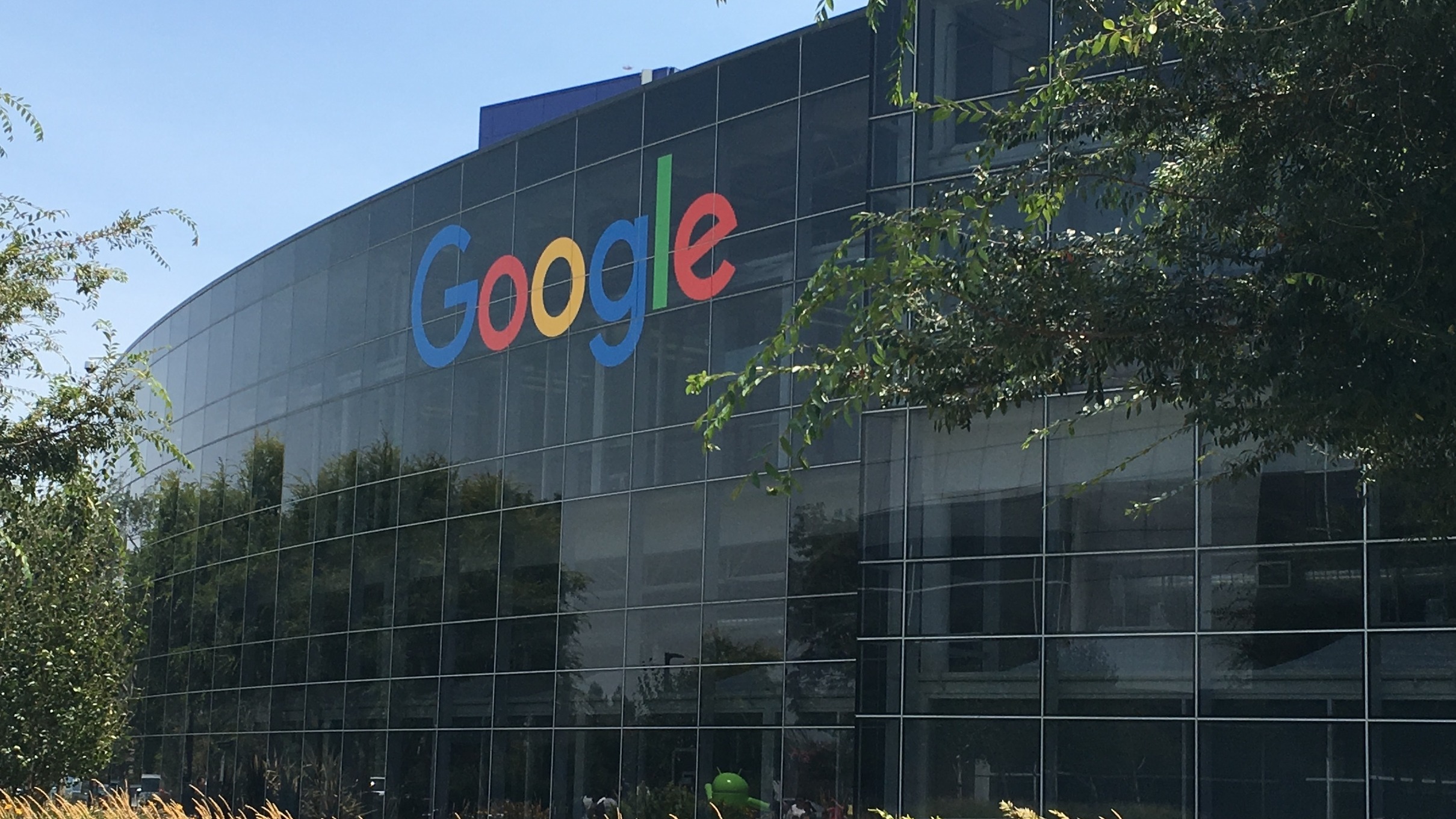The US Department of Justice has reiterated its demand that Google should sell off its Chrome web browser as part of remedies in a landmark antitrust case, signalling the Trump administration's continuation of tough regulatory pressure on the tech giant.
In a court filing on Friday, the Justice Department maintained its position that Google must divest Chrome to address Judge Amit P. Mehta's ruling last year that found the company had illegally maintained a monopoly in online search.
"Google's illegal conduct has created an economic goliath, one that wreaks havoc over the marketplace to ensure that — no matter what occurs — Google always wins," the government said in its filing. "The American people thus are forced to accept the unbridled demands and shifting, ideological preferences of an economic leviathan in return for a search engine the public may enjoy."
However, the department did modify some aspects of its proposal, notably dropping an earlier demand for Google to divest its artificial intelligence investments. Instead, it now asks that Google notify federal and state officials before proceeding with AI investments.
The filing also adjusted language around Android, eliminating an option that would have allowed Google to simply sell off the smartphone operating system rather than change its business practices.
Google spokesman Peter Schottenfels responded that the "DOJ's sweeping proposals continue to go miles beyond the court's decision, and would harm America's consumers, economy and national security."
The tech giant maintained its position that less drastic measures would suffice, filing its own proposal that would allow it to continue paying for prime placement in browsers while making those agreements less restrictive.
Judge Mehta is scheduled to hear arguments on both proposals during a two-week hearing in April, with the outcome potentially reshaping internet competition and setting a precedent for other antitrust cases against tech giants.
The decision to maintain most of the original breakup proposal comes despite tech industry efforts to court favour with President Trump. Several chief executives, including Google's Sundar Pichai, attended Trump's inauguration and tech companies have donated millions to support the new administration.
The case, which began during Trump's first term and continued through the Biden administration, represents the most significant tech antitrust action since the Microsoft case in 2000.
Latest News
-
China alleges US cyber breaches at National Time Center
-
UK government launches AI blueprint for innovation
-
Frasers Group integrates agentic AI ecommerce suite with new partnership
-
AWS outage disrupts global apps and services as engineers investigate root cause
-
Lloyds Bank says 93% of staff using Copilot tools
-
Record labels collaborate with Spotify to build AI music products
The future-ready CFO: Driving strategic growth and innovation
This National Technology News webinar sponsored by Sage will explore how CFOs can leverage their unique blend of financial acumen, technological savvy, and strategic mindset to foster cross-functional collaboration and shape overall company direction. Attendees will gain insights into breaking down operational silos, aligning goals across departments like IT, operations, HR, and marketing, and utilising technology to enable real-time data sharing and visibility.
The corporate roadmap to payment excellence: Keeping pace with emerging trends to maximise growth opportunities
In today's rapidly evolving finance and accounting landscape, one of the biggest challenges organisations face is attracting and retaining top talent. As automation and AI revolutionise the profession, finance teams require new skillsets centred on analysis, collaboration, and strategic thinking to drive sustainable competitive advantage.
© 2019 Perspective Publishing Privacy & Cookies













Recent Stories